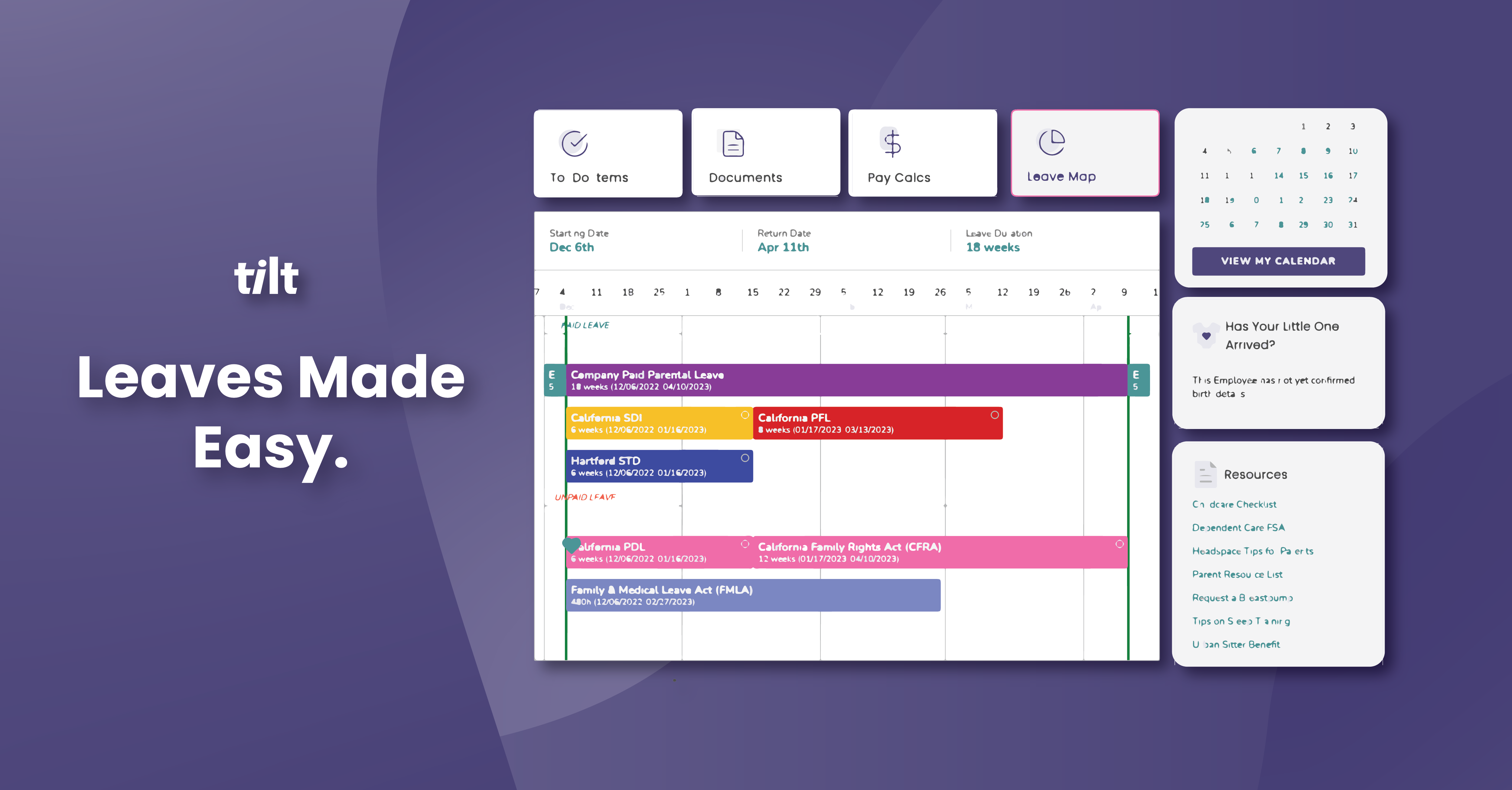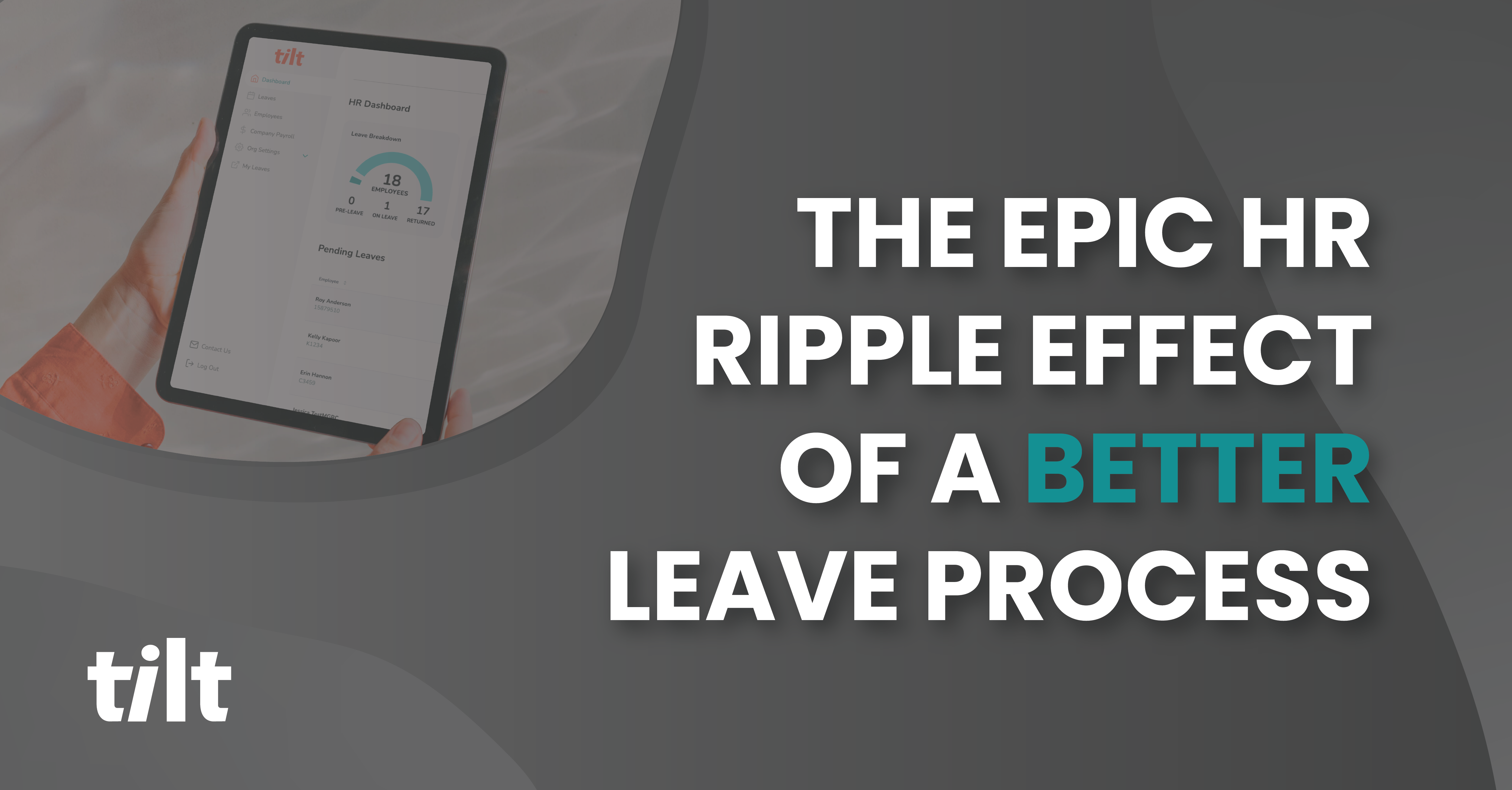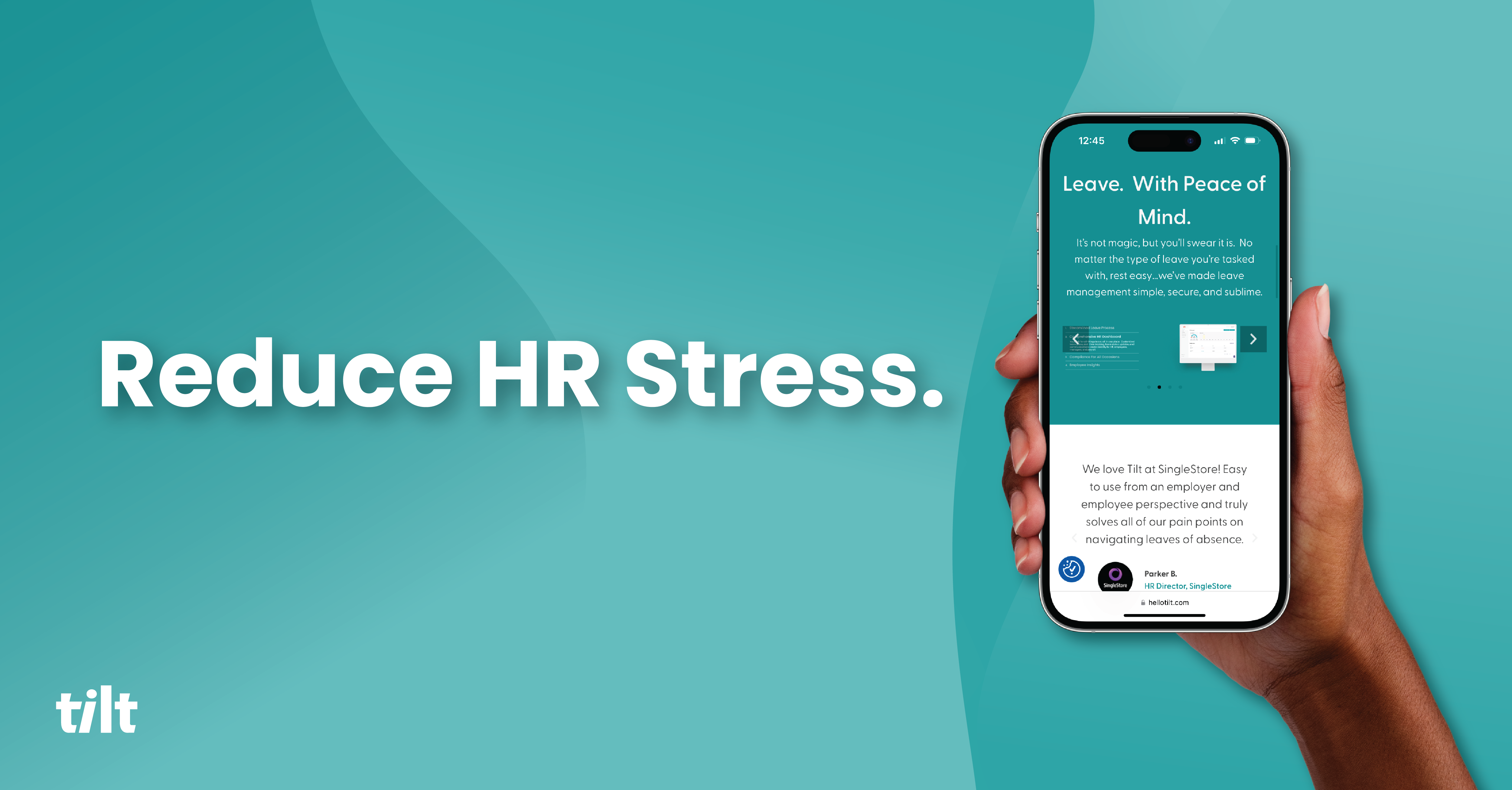Profit (n); /ˈpräfət/
- A financial gain, especially the difference between the amount earned and the amount spent in buying, operating, or producing something.
- A direct result of People Teams improving employee engagement, leading to adoration and praise from across the organization.*
How does employee engagement lead to profit?
A completely engaged workforce is the stuff C-suite dreams are made of; a perfectly humming engine of productivity and perseverance that ensures revenue is revved to the max. The truth is, the bottom-line benefits of employee engagement go far beyond an employee population pushing out widgets at optimum efficiency, and is chock full of opportunities for People Teams to have a big opportunity to shine bright.
Increased productivity: “Didn’t you say just the benefits of employee engagement go beyond productivity?” Well, yes, but it’s still too important to just gloss over. An engaged employee population is one that is committed to the work they do every day. They take pride in their output because they feel respected, trusted, compensated and supported by their employer every day. Engaged employees are also likely to go above and beyond what’s expected of them, not from the allure of a carrot or the fear of a stick, but because they’re genuinely invested in their effort to push the organization to new heights.
Improved customer satisfaction: Hopefully you’re sitting down while reading the following groundbreaking revelation, but if you run a business, you have customers or clients. Unless your leadership team is fielding calls or doing outreach, those customers are interacting directly with the employees. As such, the way in which your employees interact with customers has a significant impact on their satisfaction and likelihood to become a new customer (cha-ching!) or continue their relationship with your organization (long-term cha-ching!).
Lower turnover: Turnover is the not-so-silent profit killer organizations hope to avoid at all costs. When they can’t avoid it, those costs can be…costly. Engaged employees are more likely to stay with their employer, which not only reduces costs trying to find and train a replacement, but lower turnover and also boosts morale across the organization which in turn feeds right back into improved employee engagement and boosting profits. Furthermore, employee continuity has a positive impact on your customer’s experience with your brand which also perks up profits.
Innovation and creativity: Nary an organization strives to be in the middle of the pack. Coming up with the next business breakthrough shouldn’t be relegated to only the higher-ups and pontificators. When employees are engaged with their work they’re more likely to think of new solutions or improvements on existing offerings. This can lead to tremendous profit growth and market diversification and/or dominance within your industry.
Ways People Teams can improve employee engagement
People Teams have their fingerprints all over employee engagement and therefore have a very real opportunity to contribute to company profitability. By focusing on these approaches your department (we see you People Armies of one!) can demonstrate the clearcut value you provide to your organization.
Communication: Effective, clear communication through easy-to-access channels allows employees to interact with each other and seek help when they need it. Transparency around company health, goals, and general updates make employees feel part of the process and in the know. Engaged employees work best bathed in the light of information.
Work-life balance: How flexible is your work schedule? Do employees feel empathy and support when they need to step away from work for a life event? People Teams that are able to emphasize the importance of the lives employees lead outside of the office will find that their people will show up engaged and energized inside the office. Championing for a modern work schedule and investing in tools like leave management software will improve work-life balance and prove to your people that you view them as humans with human experiences. Employees will feel more engaged when they feel like they don’t have to compromise their life outside of work for work objectives.
Recognition and rewards: Even if you’ve fostered a truly engaged workforce in your organization, it’s important to not take that for granted. It’s perhaps even more important that your employees don’t feel like their hard work is being taken for granted. Developing a recognition program that highlights the contributions of your people doesn’t need to cost money to be effective. Highlighting high-performing employees in a monthly newsletter may be enough. That said, rewarding employees either monetarily or with branded swag or with an extra day off work can do wonders for overall engagement.
Employee wellness: Where work-life balance takes into consideration the time and freedom your employees have to get their work done, employee wellness stresses the importance of mental health support so they can be at their very best throughout their personal and professional lives. Offering wellness programs and providing resources for employees to better their mental health can help them defend against burnout and disengagement.
People Teams deserve recognition
With everything on your plate as a People Ops pro, it’s imperative that leadership understands the true value you bring to the organization. Whether it’s implementing new work schedules, or improving leave of absence processes to be more human, the efforts you take to improve employee engagement should be viewed as more than table stakes, but as a competitive advantage and an opportunity for organizational strengthening and profit growth.
*unofficial definition
About Tilt
Tilt is leading the charge in all things leave of absence management through easy-to-use tech and human touch. Since 2017, our proprietary platform and Empathy Warriors have been helping customers make leave not suck by eliminating administrative burdens, keeping companies compliant, and providing a truly positive and supportive leave of absence experience for their people.







